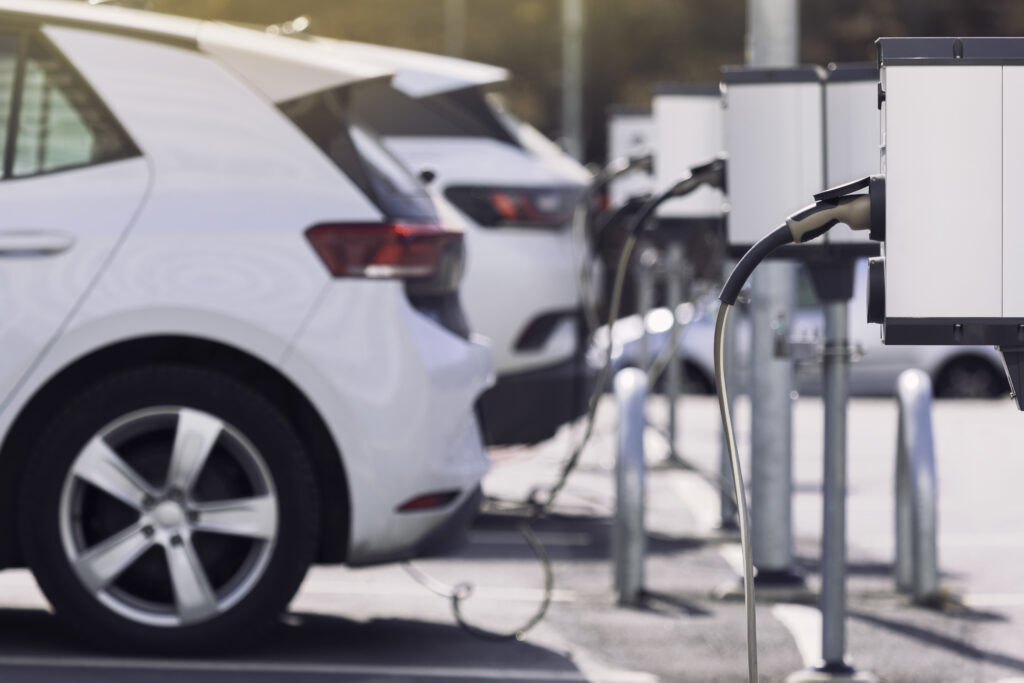Fleet fuel spend is undoubtedly one of the largest expenses for businesses with vehicles on the road. In 2019, fuel accounted for nearly one-quarter of all vehicle program costs. Gas prices are rise and fall based on the fluctuating demand trends in the crude oil market, making them more volatile than the prices of other commodities. Not only does the cost of fueling an entire fleet consume valuable company resources, it can also be unpredictable.
To help manage fuel expenses, many businesses with fleet or car allowance programs provide company gas cards to their driving employees. This approach is convenient because it allows employees to use the card whenever they need to gas up. However, this can become a serious cost control challenge for some businesses. That’s especially true if they don’t understand how to account for potential drawbacks of company-provided gas cards.
What is a company gas card?
Company gas cards allow employees to gas up their vehicle without paying with personal funds. Businesses typically choose a card specific to an oil industry company or fleet company, allowing drivers to fuel their vehicles at approved gas stations across the country. The cards also allow businesses to be billed directly, without needing to use company credit or debit cards. What’s more, gas cards traditionally allow companies to purchase fuel at a discounted price, enabling further cost savings.
What are the issues with company gas cards?
Despite discounted prices, direct billings and other benefits, company gas cards have two major drawbacks.
1. Gas Cards are Difficult to Track
Not every employee will drive their company car for exactly the fuel paid by the company gas card. There’s simply no way of knowing how much gas an employee is actually using for business purposes versus personal use. It’s even likely that employees use their vehicle to perform their job duties while also making personal stops in between, such as running errands or dropping off their kids at school. Difficulty tracking often leads to the misuse of company gas cards.
2. They are a High Source of Expense
Misuse often results in companies paying more than they should in fuel costs. Without some sort of established reporting, employers often inadvertently pay for the personal use of their drivers’ vehicles. Some employees may gas up multiple times in the week, or use the card to fuel up multiple vehicles.
What’s the solution?
Companies looking to control gas card costs have two options that accurately and fairly account for fuel spend.
1. Personal-Use Charge Back
Many companies assume a personal-use chargeback amount of $150 each month. However, this assumption lacks accuracy. Implementing an app-based personal-use chargeback captures and measures exact business milage against monthly odometer reading. Logging exact mileage ensures that employees are charged for the personal use they incur. Whether deciding between a flat cent-per-mile rate, a variable fuel rate or a combination of both, chargeback calculations should be specific to the driving employee.
2. A New Vehicle Program
By reimbursing employees for the business use of their personal vehicles, companies can curb the expenses associated with company gas cards. Considering that lingering pandemic shortages are driving used cars prices to their highest level in years, transitioning from fleet to a FAVR (fixed and variable rate) reimbursement program could further reduce the financial burden of managing costs.
As with personal-use chargebacks, FAVR programs also require employees to capture their mileage. This ensures that employees receive an accurate mileage reimbursement by accounting for the fixed and variable costs of vehicle ownership. It reimburses for costs that vary month over month—like fuel, oil and tire wear—and consistent costs—like license and registration fees. It also eliminates FICA tax burdens for both the company and the employee.
Trust the Experts
Choosing the appropriate vehicle program allows companies to control costs while simplifying life on the road for their drivers. Fleet programs are by far and away the most expensive vehicle program. Company gas cards are just one reason. Businesses can eliminate these considerable costs with alternatives like the FAVR reimbursement program.
Interested in learning more? Contact us to find out how Motus can help.







